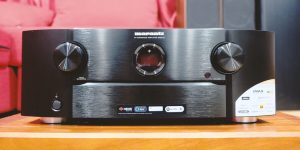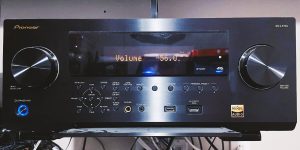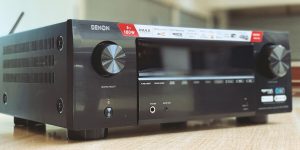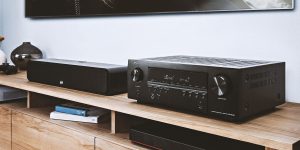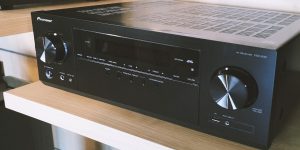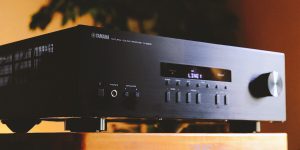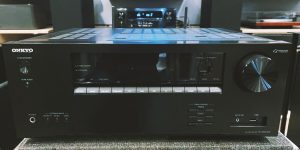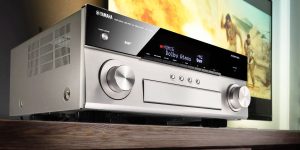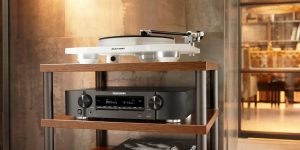If you recently upgraded your old receiver to something newer, you might be wondering if the old speakers are still compatible.
Will any speakers work with any receiver?
The good news is that most new receivers will play just about any speakers unless they are severely damaged. But the quality of sound that you’ll get may vary. That’s because the power ratings of speakers are different from one type to another. For example, a receiver may have 100 watts x 5 or even 7 channels, but you will be able to benefit from the full power of each channel only if your speakers can handle such output.
In regards to the compatibility of a receiver and speakers, the main thing to watch out for is impedance ratings. Most modern receivers come with speaker impedance ratings around 4 ohms, but some older receivers might only work safely with 8 or even 16 ohms. They don’t handle lower impedance loads very well and can damage or even destroy the output devices. You’ll need to consult your manual before hooking up any speakers that have lower impedance ratings than your receiver is rated for.
How do you hook up old speakers to your receiver?
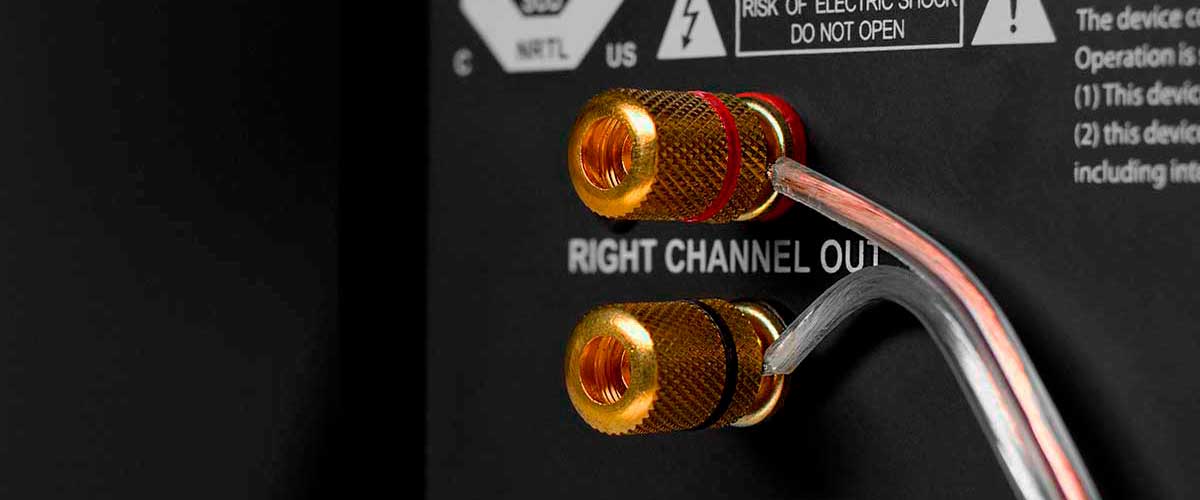
Another important compatibility issue with old speakers is the type of connection they use to attach to your receiver. In most cases, speaker wires are inserted directly into spring clips or binding posts.
But sometimes banana plugs or spade connectors might be fixed to speaker cables. This makes them compatible only with suitable connectors in a receiver. If this is your case, you’ll need to buy new speaker cables with the proper connectors.
Or, in case your new receiver is equipped with spring clips or binding posts, you can simply cut the old connectors from your speaker cables and strip the ends of wires to match the new receiver.
When you choose which wire in your cable will be plus and minus, your choice should be the same for both ends of your cable. You should connect the wire you chose for plus to the positive connector and the other wire to the negative. If you connect them the other way at one of the ends, although your speakers are unlikely to be damaged, you will experience problems with the sound.
If you reverse the polarity of one speaker but not the other, you’ll hear a distinct lack of bass due to acoustic cancellation in the low frequencies. You can also notice anomalies in the midrange.
The simplest method to test it is to shift the balance completely over one channel. If the bass sounds fuller suddenly, wires’ polarities of one of your speakers have been reversed.
Will a new receiver make your speakers sound better?
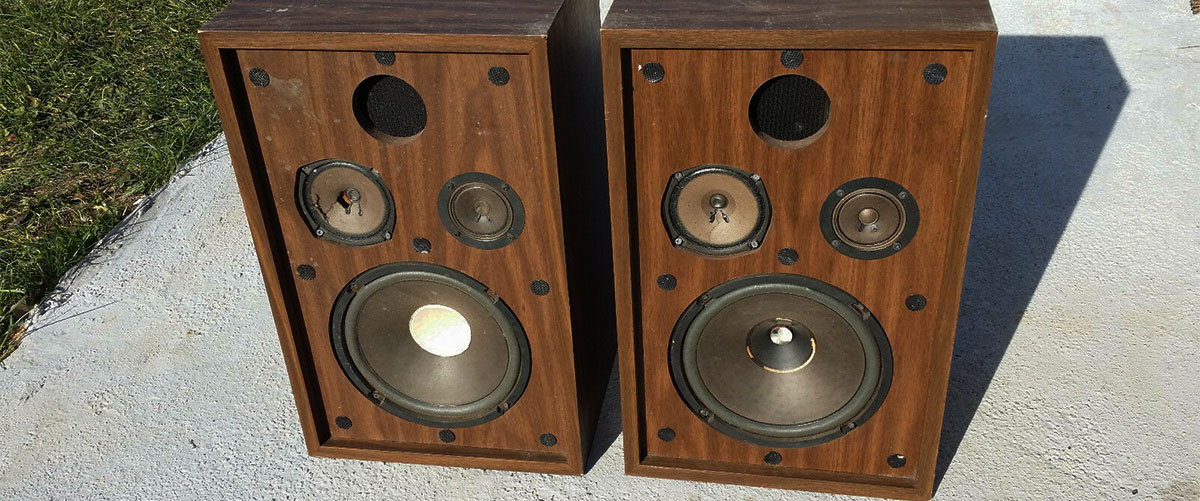
If your old speakers were decent ones and simply couldn’t put out enough sound because the amplifier section in your old receiver wasn’t powerful enough, then a new receiver with more power will help you here. The sound will be clearer and better defined. So, if you upgraded to a new receiver because your old one couldn’t properly drive the speaker load, then yes, this will make your speakers sound better.
If, however, your previous receiver was already driving your speakers adequately (for instance, if they are relatively low impedance speakers, or if your previous receiver was an expensive one), then the answer is no. There will be no noticeable improvements in sound quality even though there might be more power available for driving high-impedance speakers.
We are supported by our audience. When you purchase through links on our site, we may earn an affiliate commission at no extra cost to you.
Our newsletter
* We will never send you spam or share your email with third parties

